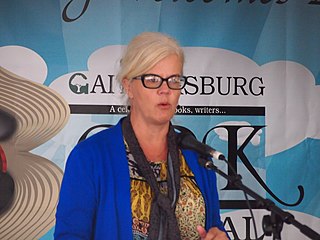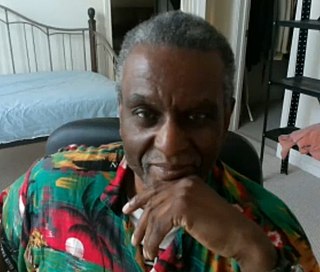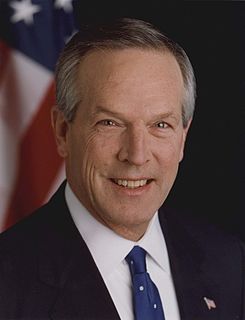A Quote by Colson Whitehead
If you want to understand America, it's slavery.
Quote Topics
Related Quotes
As for slavery, there is no need for me to speak of its bad aspects. The only thing requiring explanation is the good side of slavery. I do not mean indirect slavery, the slavery of proletariat; I mean direct slavery, the slavery of the Blacks in Surinam, in Brazil, in the southern regions of North America. Direct slavery is as much the pivot upon which our present-day industrialism turns as are machinery, credit, etc. … Slavery is therefore an economic category of paramount importance.
In terms of America, I think any profound consideration is bound to return us to the notion of twins because, though you certainly can contend there are many Americas, our history has been binary from the beginning, with its hairline fracture down the country's center between what American has wanted to be and what America has been. That fracture is slavery, of course. To some extent it's still slavery, in that collectively we refuse to come to grips with the American fact of slavery.
So many white people don't want to talk about race; it's uncomfortable. Many reason that slavery happened more than a century ago, and people alive today had nothing to do with it. But the particulars of these stories, from slavery to segregation to civil rights and mass incarceration, are at the marrow of life in America today.
In the era of slavery, you could be a so-called Afro-Cuban one day and a so-called Black American the next day, or vice versa. I mean there was all this back and forth, and there was a lot of opposition in Black America to slavery in Cuba in particular, because slavery in Cuba lasted until the 1880s.







































